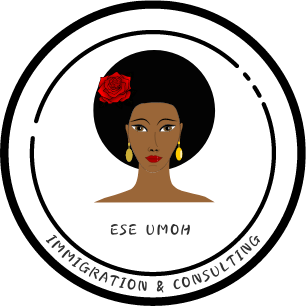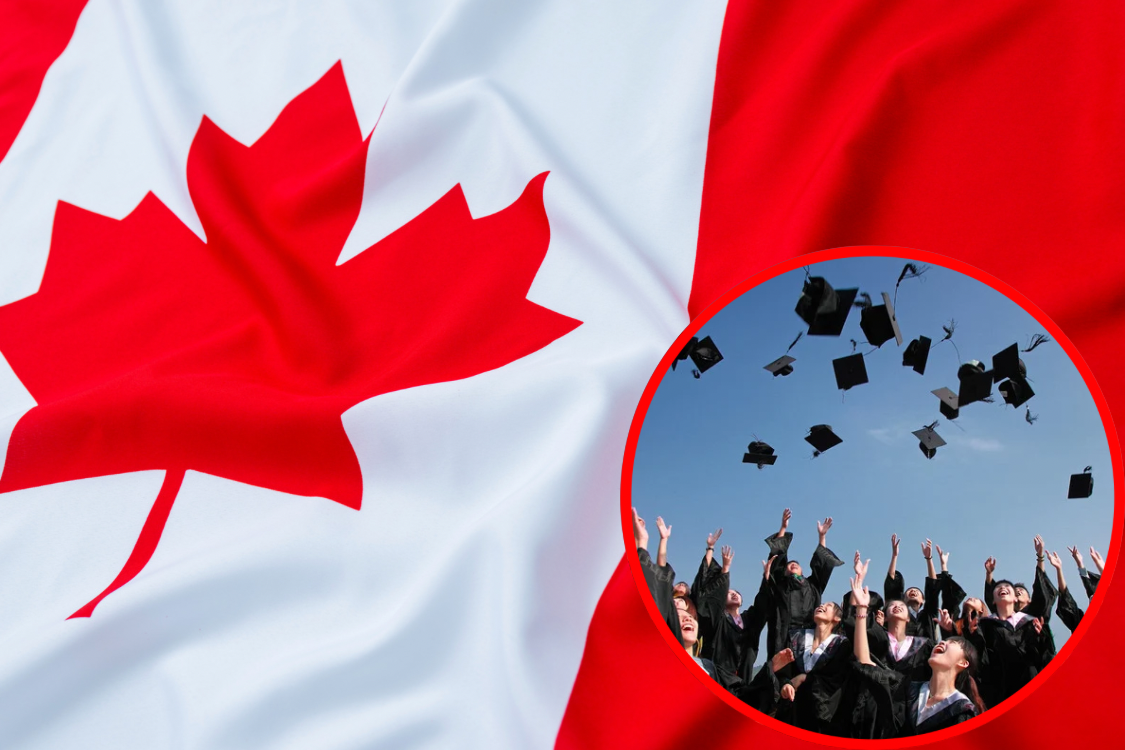Dear future neighbour,
On September 17, 2025, Immigration, Refugees and Citizenship Canada (IRCC) conducted the fifth Express Entry draw of the month, targeting candidates in the Education occupations category.
This latest draw highlights the government’s ongoing commitment to using category-based selection to address Canada’s critical labour market needs, particularly in education.
Key Details of the Draw
-
Date: September 17, 2025
-
Draw type: Education category (category-based selection)
-
Number of Invitations to Apply (ITAs): 2,500
-
Minimum Comprehensive Ranking System (CRS) score: 462
-
Tie-breaking rule: July 9, 2025
This draw marks a significant increase in invitations compared to the previous education draw on May 1, 2025, which issued just 1,000 ITAs with a higher CRS cutoff of 479.
Summary of Express Entry draws in 2025
| Date | Draw Type | Number of ITAs | Cut-off CRS score |
|---|---|---|---|
| September 17 | Education | 2,500 | 462 |
| September 15 | Provincial Nominee Program | 228 | 746 |
| September 4 | French language proficiency | 4,500 | 446 |
| September 3 | Canadian Experience Class | 1,000 | 534 |
| September 2 | Provincial Nominee Program | 249 | 772 |
| August 19 | Healthcare and social services | 2,500 | 470 |
| August 18 | Provincial Nominee Program | 192 | 800 |
| August 8 | French language proficiency | 2,500 | 481 |
| August 7 | Canadian Experience Class | 1,000 | 534 |
| August 6 | Provincial Nominee Program | 225 | 739 |
| July 22 | Healthcare and social services | 4,000 | 475 |
| July 21 | Provincial Nominee Program | 202 | 788 |
| July 8 | Canadian Experience Class | 3,000 | 518 |
| July 7 | Provincial Nominee Program | 356 | 750 |
| June 26 | Canadian Experience Class | 3,000 | 521 |
| June 23 | Provincial Nominee Program | 503 | 742 |
| June 12 | Canadian Experience Class | 3,000 | 529 |
| June 10 | Provincial Nominee Program | 125 | 784 |
| June 4 | Healthcare and social services | 500 | 504 |
| June 2 | Provincial Nominee Program | 277 | 726 |
| May 13 | Canadian Experience Class | 500 | 547 |
| May 12 | Provincial Nominee Program | 511 | 706 |
| May 2 | Healthcare and social services | 500 | 510 |
| May 1 | Education | 1,000 | 479 |
| April 28 | Provincial Nominee Program | 421 | 727 |
| April 14 | Provincial Nominee Program | 825 | 764 |
| March 21 | French language proficiency | 7,500 | 379 |
| March 17 | Provincial Nominee Program | 536 | 736 |
| March 6 | French language proficiency | 4,500 | 410 |
| March 3 | Provincial Nominee Program | 725 | 667 |
| February 19 | French language proficiency | 6,500 | 428 |
| February 17 | Provincial Nominee Program | 646 | 750 |
| February 5 | Canadian Experience Class | 4,000 | 521 |
| February 4 | Provincial Nominee Program | 455 | 802 |
| January 23 | Canadian Experience Class | 4,000 | 527 |
| January 8 | Canadian Experience Class | 1,350 | 542 |
| January 7 | Provincial Nominee Program | 471 | 793 |
Eligible Occupations
Candidates invited under this category belong to specific education-related National Occupational Classification (NOC) codes, including:
-
NOC 41220 – Secondary school teachers
-
NOC 41221 – Elementary school and kindergarten teachers
-
NOC 43100 – Elementary and secondary school teacher assistants
-
NOC 42202 – Early childhood educators and assistants
-
NOC 42203 – Instructors of persons with disabilities
These roles have been prioritized due to persistent shortages in Canada’s education sector.
See below CRS Score Distribution in the Express Entry Pool
The table below shows the distribution of candidates in the Express Entry pool as of September 14, 2025.
| CRS Score Range | Number of Candidates |
|---|---|
| 601–1200 | 220 |
| 501–600 | 24,870 |
| 451–500 | 71,427 |
| 491–500 | 12,341 |
| 481–490 | 12,555 |
| 471–480 | 15,569 |
| 461–470 | 16,158 |
| 451–460 | 14,804 |
| 401–450 | 74,178 |
| 441–450 | 14,719 |
| 431–440 | 16,312 |
| 421–430 | 14,822 |
| 411–420 | 14,714 |
| 401–410 | 13,611 |
| 351–400 | 52,883 |
| 301–350 | 19,978 |
| 0–300 | 8,074 |
| Total | 251,630 |
What This Draw Means
The September 17 draw represents a bigger and more inclusive round than earlier education draws:
-
Lower cutoff score: At 462, the CRS requirement is 17 points lower than the May draw, opening the door to more candidates.
-
Increased invitations: More than double the number of ITAs were issued this time, showing a stronger demand for education professionals.
-
Category focus: This is part of IRCC’s broader trend of moving away from exclusively general draws and toward targeted category-based selection.
For eligible candidates in the education sector, this is a clear signal that opportunities are expanding.
What Applicants Should Do
-
Check your CRS score: If you are in one of the eligible NOCs and have a CRS of around 460 or higher, you may be competitive in future draws.
-
Submit early: The tie-breaking rule shows that the timing of profile submission matters. Candidates with the cutoff CRS of 462 needed to have submitted before July 9, 2025.
-
Boost your profile: For those under the cutoff, improving language scores, obtaining higher education credential assessments (ECAs), or pursuing provincial nominations can help.
-
Monitor draw trends: Category-based draws are becoming more frequent, and future rounds may continue to favour education professionals.
Conclusion
The September 17, 2025 Express Entry draw is a positive development for teachers, early childhood educators, and other education professionals seeking permanent residence in Canada. With a lower CRS threshold and more invitations than previous education draws, IRCC is clearly signaling the importance of this sector to Canada’s future.
Eligible candidates should take advantage of this opportunity by ensuring their profiles are up to date and competitive for the next rounds.
Need help with your Canadian immigration process?
Whether you’re applying for a visitor visa, submitting a work permit or visa application, creating an Expression of Interest (EOI), setting up an Express Entry or Provincial Nomination profile, preparing your application after receiving an Invitation to Apply, or simply want a professional review of your self-prepared application, we’re here to assist you.
Schedule a consultation or contact us at:
info@eseumohimmigration.com






